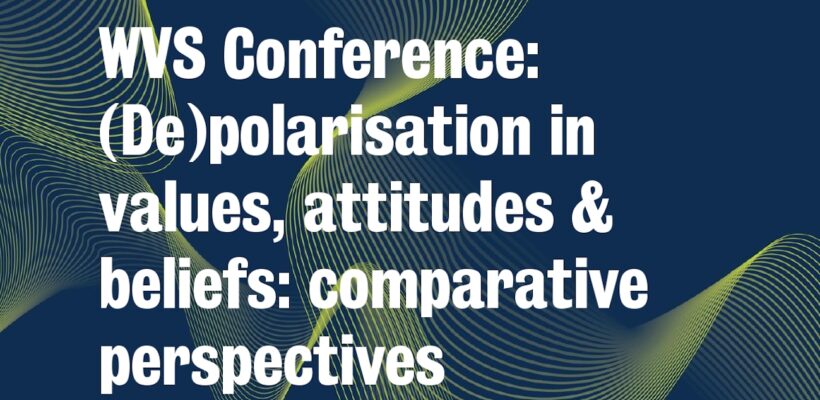
BAPG Professors Present at Conference in London
2 min readLONDON, England — Dr. Yevgenya Paturyan, associate professor and chair of the Bachelor of Arts in Politics and Governance program at the American University of Armenia (AUA), and Dr. Alen Shadunts (MPSIA ’15), adjunct lecturer in AUA’s College of Humanities and Social Sciences, recently presented at a conference titled “(De)polarization in values, attitudes, and beliefs: comparative perspectives.” Organized by the Policy Institute at King’s College London, in partnership with the World Values Survey Association, University College London, and the Behavioural Insights Team, the event aimed to further merge international insights in order to understand evolving theories of polarization and their empirical applications.
The conference showcased parallel sessions covering 34 papers from both prominent and emerging researchers delving into new studies on polarization, focusing on significant areas like identity politics, political partisanship, and the influences of religion and media.
Dr. Paturyan’s paper explored the impact of the 2020 war on the Armenian public, drawing on the public opinion data from the World Values Survey and European Values Study. Titled “Polarisation in Armenia: Democracy vs Security, West vs Russia?,” the paper explored post-war security concerns, security vs. self-expression, perceptions about the political system, etc. The paper also tested two assumptions:
- Increased insecurity in the country further strengthened survival values at the expense of self-expression values.
- Supporters of the current government differ from those opposing it in that their value system is closer to the mindset of a “democratic citizen.”
As the results indicate, the data somewhat support both assumptions, although more nuanced and detailed analysis is needed.
Dr. Shadunts presented a paper titled “International Anxieties and Domestic Politics in Small States: The Case of Armenia.” His research demonstrates that the sense of security among small states is tied to the perception of an intelligible and relatively cohesive order in which they exist. Hence, the widely shared perception of crisis and uncertainty related to the current order has triggered a sense of insecurity. The perception of a more hostile international environment has led to the dominance of narratives focused on outside threats and vulnerabilities. Domestically, these narratives link the perceived external factors with certain internal actors or groups, which are articulated as agents serving alien interests. Political opponents construct images of their antagonistic others as illegitimate actors or groups that should be prohibited from playing any decisive role in the respective country. This dynamic leaves little space for deliberation or even holding acceptable differences. It creates a highly polarized environment where the boundary between internal rivals and external enemies is blurred.
The BAPG program is proud to acknowledge the important contributions of Dr. Paturyan and Dr. Shadunts at this significant event. Their research promotes understanding of the complex issues surrounding polarization in today’s world by emphasizing the Armenian context.
Founded in 1991, the American University of Armenia (AUA) is a private, independent university located in Yerevan, Armenia, affiliated with the University of California, and accredited by the WASC Senior College and University Commission in the United States. AUA provides local and international students with Western-style education through top-quality undergraduate and graduate degree and certificate programs, promotes research and innovation, encourages civic engagement and community service, and fosters democratic values.
